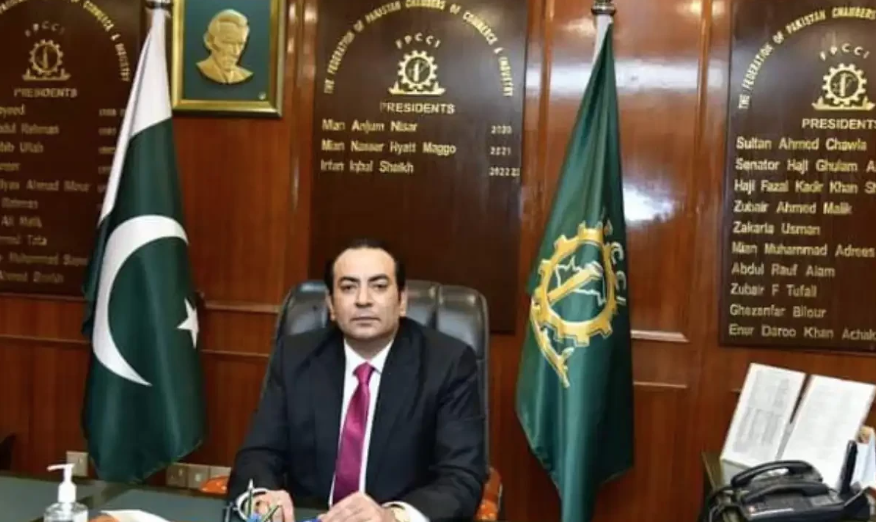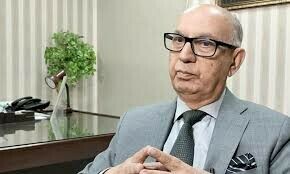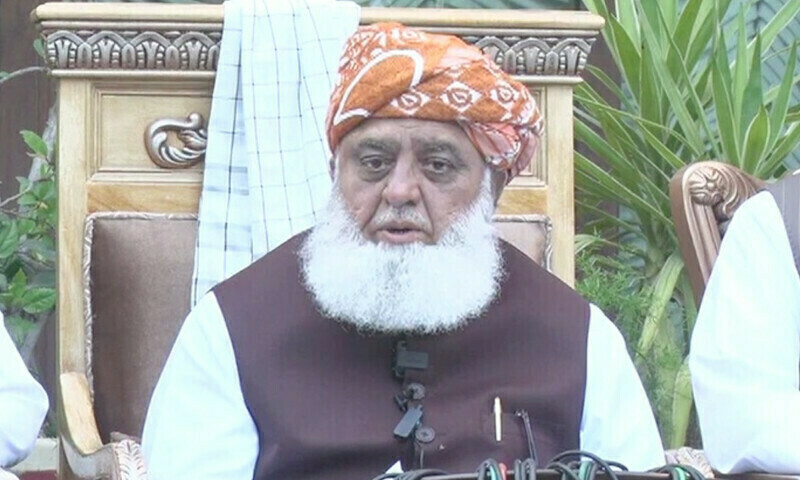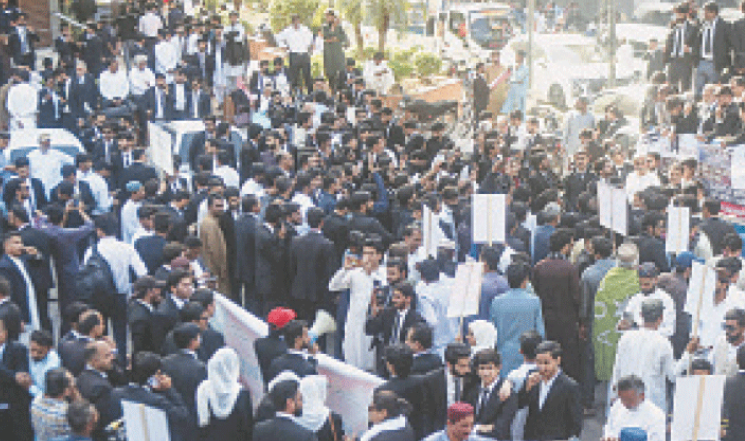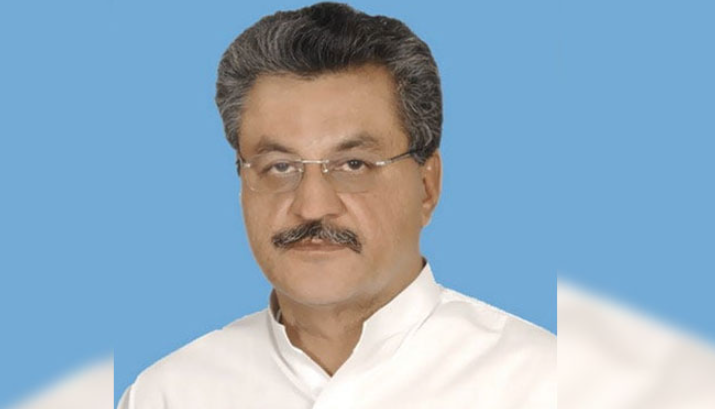POLITICS & POLICY MAKING
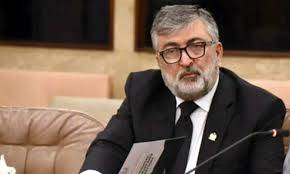
Senior Jamiat Ulema-e-Islam Fazl (JUI-F) leader Senator Kamran Murtaza has clarified that his party has apologized for its brief political alliance with the Pakistan Tehreek-e-Insaf (PTI) due to a violation of mutual understanding. However, he added that JUI-F remains open to cooperating on specific parliamentary issues on a case-by-case basis.
Speaking on Geo News’ talk show Capital Talk, Senator Kamran Murtaza revealed that both parties had previously agreed not to engage with the establishment independently. He said the understanding was that any communication with the establishment would be coordinated. “However, when senior PTI leader Azam Swati admitted to such talks, the alliance was no longer sustainable,” Murtaza stated.
He emphasized that JUI-F has formally apologized for the alliance, viewing the breach as a serious lapse in mutual trust. Despite stepping away from the alliance, Murtaza clarified that JUI-F is willing to engage with PTI in parliament on legislative matters when needed.
In a separate interview with Shahzeb Khanzada on Geo’s Aaj Shahzeb Khanzada Kay Saath, another senior JUI-F leader, Hafiz Hamdullah, revealed that the founder of PTI had been sending repeated messages to Maulana Fazlur Rehman over the past three months, seeking to revive a political understanding.
Hamdullah said that JUI-F initially welcomed the outreach and responded by sending its set of reservations aimed at building mutual trust. “Unfortunately, we did not receive any reply,” he added, noting that the lack of response contributed to the party's decision to distance itself from the alliance.
The developments come amid a broader political realignment in the country, with parties reassessing alliances in light of ongoing tensions with the establishment and shifting parliamentary priorities.
